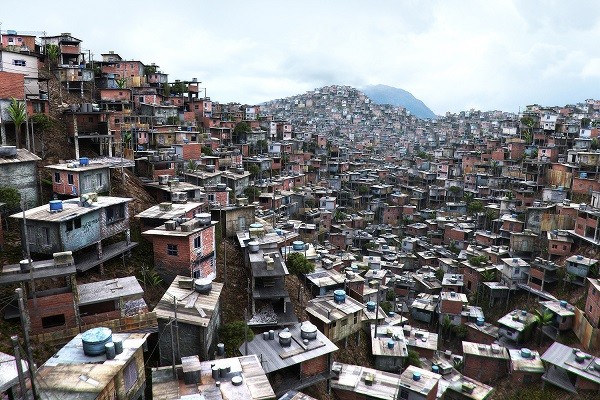

By: David Mack
Source: BuzzFeedNews
The World Bank on Sunday announced that for the first time it was forecasting the rate of extreme global poverty to drop below 10% in 2015 — evidence, it says, that the push to eliminate poverty is working.
The World Bank predicts the number of people earning less than $1.90 a day will fall to 702 million people this year, or 9.6% of the global population — down from 902 million people, or 12.8%, in 2012.
“This is the best story in the world today,” said World Bank President Jim Yong Kim. “These projections show us that we are the first generation in human history that can end extreme poverty.”
The new poverty line of $1.90 a day maintains the purchasing power of the previous line ($1.25 a day in 2005 prices) in the world’s poorest countries, but it incorporates new information on the cost of living.
Kim said the projection should spur efforts to help eliminate poverty by 2030, which is the key goal of both the World Bank and the Global Poverty Project’s Zero Poverty 2030 campaign.
However, he cautioned that the task remained extremely hard due to slower global growth, volatile financial markets, high youth unemployment, and climate change.
“But [achieving the goal] remains within our grasp,” he said, “as long as our high aspirations are matched by country-led plans that help the still millions of people living in extreme poverty.”
World Bank officials are crediting the reduction to strong economic growth in developing countries, as well as investment in education, health care, and welfare.
The findings were announced in a report released Sunday by the World Bank.
The report found poverty remains concentrated in three regions: East Asia and Pacific, South Asia, and Sub-Saharan Africa, which together account for some 95% of global poverty.
However, poverty is growing more concentrated in Sub-Saharan Africa in recent years — a development the World Bank described as being of great concern.
“Poverty is declining in all regions, but it is becoming deeper and more entrenched in countries that are either conflict ridden or overly dependent on commodity exports,” the group said. “While some African countries have seen significant successes in reducing poverty, the region as a whole lags the rest of the world in the pace of lessening poverty.”
World Bank Chief Economist Kaushik Basu said the global financial crisis is still being felt in emerging economies, making the fight to eliminate poverty more difficult.
“There is some turbulence ahead,” Basu warned.



